Lo Que Saben Los Rabinos Y Que – (Spanish)
$15.99
Lo que saben los rabinos, y que nunca aprendi en la iglesia es un examen revelador de lo que los cristianos pueden aprender sobre Dios de aquellos que lo llaman Adonai. El autor Chaim Bentorah ha pasado cuarenta aos hablando con rabinos, aprendiendo de ellos y estudiando con ellos para que los cristianos puedan experimentar el evangelio a traves de una nueva lente.
Bentorah navega a traves de las complejidades de como judios y cristianos viven, respiran y digieren las Escrituras. Los rabinos le ensearon a Bentorah que siempre habia nuevos conocimientos que se podian aprender de las Escrituras, y los presenta no solo a traves de las tradiciones y costumbres judias, sino tambien destacando la importancia de los idiomas hebreo y griego.
Este libro desafiara constructivamente a los creyentes a descubrir las raices del cristianismo desde una perspectiva judia, proporcionando contexto cultural y nuevas perspectivas. Venga con un corazon y una mente preparados por el Espiritu Santo para aprender y vivir de nuevo en Dios.
What the Rabbis Know That I Never Learned in Church is an eye-opening examination of what Christians can learn about God from the ones who call Him Adonai. Author Chaim Bentorah has spent forty years talking with, learning from, and studying with rabbis in order that Christians can experience the gospel through a new lens.
Bentorah wades through the complexities of how Jews and Christians live, breath, and digest Scripture. Rabbis taught Bentorah that there were always new insights that could be learned from Scripture and he presents these not only through Jewish tradition and customs, but also through the importance of the Hebrew and Greek languages.
This book will constructively challenge believers to discover the roots of Christianity from a Jewish perspective providing cultural context and insights. Come with a heart and mind prepared by the Holy Spirit to learn and live anew in God.
in stock within 3-5 days of online purchase
SKU (ISBN): 9798887694276
Language: Spanish
Chaim Bentorah
Binding: Trade Paper
Published: August 2025
Publisher: Whitaker House Publishers
Related products
-
Can I Really Trust The Bible
$7.99The Bible makes big claims for itself. But do those claims stand up?
Aren’t the stories just legends? Hasn’t the information been corrupted over time? Isn’t the Bible full of mistakes? And isn’t it culturally outdated?
In this absorbing little book, Barry Cooper explores these questions – and many others – with warmth, wit and integrity.Add to cartin stock within 3-5 days of online purchase
-
Great Characters Of The Bible
$24.99How God Used Ordinary People to Accomplish Extraordinary Tasks
God chose to teach His spiritual principles through the successes and failures of His people.Great Characters of the Bible is a 52-lesson study of 61 Bible characters who were not all that different from us. They experienced struggles, heartaches, successes, and failures. They battled fear, doubt, and worry. But they also give testimony to God’s mighty hand moving through the ages, establishing His will through the lives of people like you and me.
Standing beside these men and women of the Bible will help you walk closer with God, who included their stories in His Word especially to teach you, to inspire you, and to guide and instruct you. As you share in their victories and defeats, you’ll discover how each person was selected by God to fulfill a purpose. By studying them, you will see how the Holy Spirit equips and empowers you for greater service.
Add to cartin stock within 3-5 days of online purchase
-
Prophets Dictionary : The Ultimate Guide To Supernatural Wisdom
$24.99The Prophet’s Dictionary by Paula Price is an essential tool for laymen, prophets, prophesiers, pastors, intercessors, and dreamers of dreams. As an all-in-one dictionary and reference book containing over 1,600 relevant definitions of terms and phrases for the prophetic realm of Christian ministry, it exposes ancient religious seductions and how they have infiltrated movies, television, and books. Prophetic visions and clues to interpreting their symbolism, imagery, and signs are also included.
People from all walks of life can benefit as this book aids in the understanding of what may be expected from prophets or the prophetic ministry. Delve deeper and you will find much more.
God speaks to us today!
Add to cartin stock within 3-5 days of online purchase
-
Understanding The Purpose And Power Of Men (Expanded)
$16.99The male is in crisis. Traditional roles once gave men stability and continuity from generation to generation. Today, the world is sending out conflicting signals about what it means to be a man. Many men are questioning who they are and what roles they fulfill in life-as a male, a husband, and a father-leaving them frustrated and causing them to live far below their potential. Best-selling author Dr. Myles Munroe examines cultural attitudes toward men and addresses critical issues such as:
*How can men gain their footing in the ever-shifting environment of cultural expectations?
*What does it mean to be male?
*What definition of masculinity should men adopt?
*What roles should men fulfill-in the workplace and in the home?
*What do gender roles have to do with the male’s purpose?
*What are the differences between males and females?
*How are men and women meant to relate to one another?
*How can a man build a better life for himself, his family, and the world?When men understand the purpose God has given them and the true design of their relationship with women, they will be free to fulfill their destiny and potential. Expanded edition with study guide material included.
Add to cartin stock within 3-5 days of online purchase

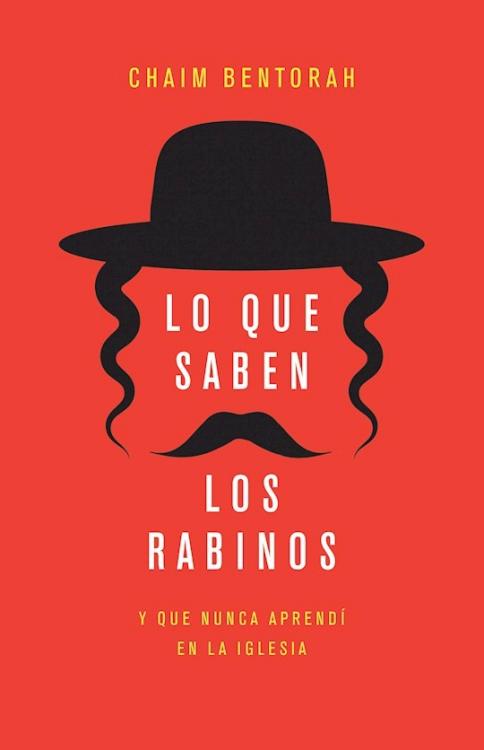
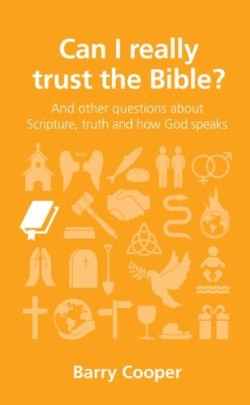
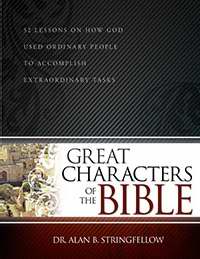
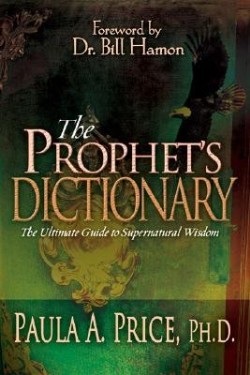
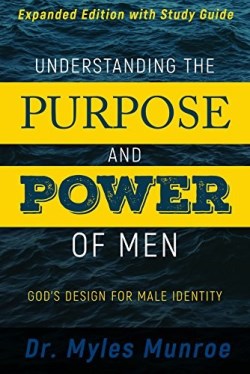





Reviews
There are no reviews yet.